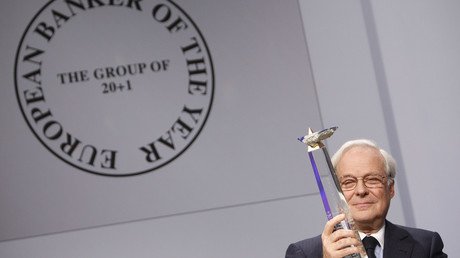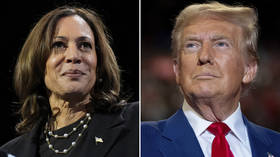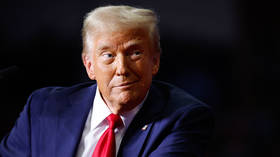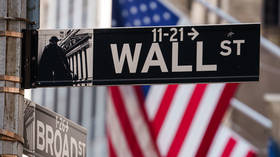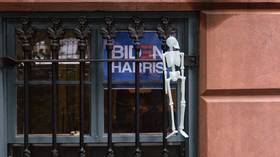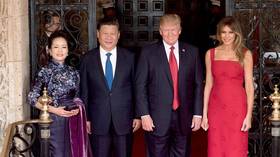Credit Suisse lambasted by financial watchdog over FIFA money laundering
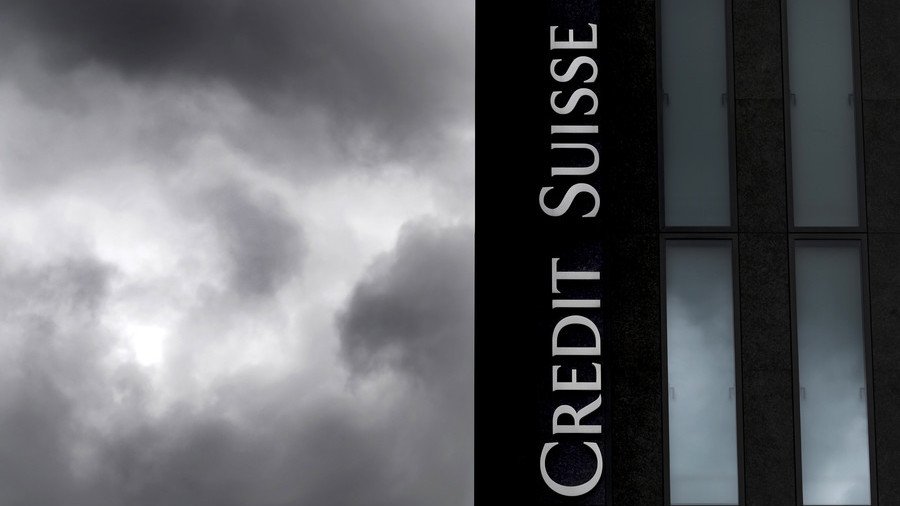
Switzerland’s financial supervisor FINMA says one of the country’s largest banks, Credit Suisse, failed to properly oversee its anti-money laundering procedures for FIFA, as well as Brazil’s and Venezuela’s state oil companies.
According to the regulator, the banking multinational showed serious “deficiencies” in its attempts to counter illegal financial activities when dealing with soccer’s ruling body FIFA, Brazilian oil corporation Petrobras, and Venezuela's state energy company PDVSA.
“To combat money laundering effectively, every relevant department within the bank must be able to see all the client's relationships with the bank instantly and automatically,” FINMA said, adding that some progress had been made so far.
The financial regulator said Credit Swiss rewarded a star private banker who breached compliance regulations with high payments and positive reviews instead of disciplining him. A banking source identified the manager as Patrice Lescaudron, who was jailed for five years in February, according to Reuters.
“The identified shortcomings occurred repeatedly over a number of years, mainly before 2014,” the watchdog said. “An above-average number of faults were discovered in business relationships opened by the former group subsidiary Clariden Leu AG.
“FINMA identified deficiencies in the anti-money laundering process, as well as shortcomings in the bank’s control mechanisms and risk management,” the statement reads.
The Swiss watchdog will reportedly appoint an independent auditor to monitor the banking giant’s control and risk-management procedures and anti-money laundering measures. The current regulation doesn’t let FINMA fine the banks that it supervises or force them to disgorge profits.
In response, the Zurich-based multinational said the probe had discovered “legacy weaknesses,” stressing that it had already acted to improve compliance.
“Implementing a culture of compliant growth at Credit Suisse is our highest priority and it is an individual and collective responsibility that we take extremely seriously,” the bank said. “We will continue to work closely with FINMA to complete the changes that are underway and implement additional measures.”
Switzerland’s second-biggest bank behind UBS also fell short in terms of its obligations to tackle alleged corruption while managing “a significant business relationship” with a politically exposed person, according FINMA.
For more stories on economy & finance visit RT's business section
